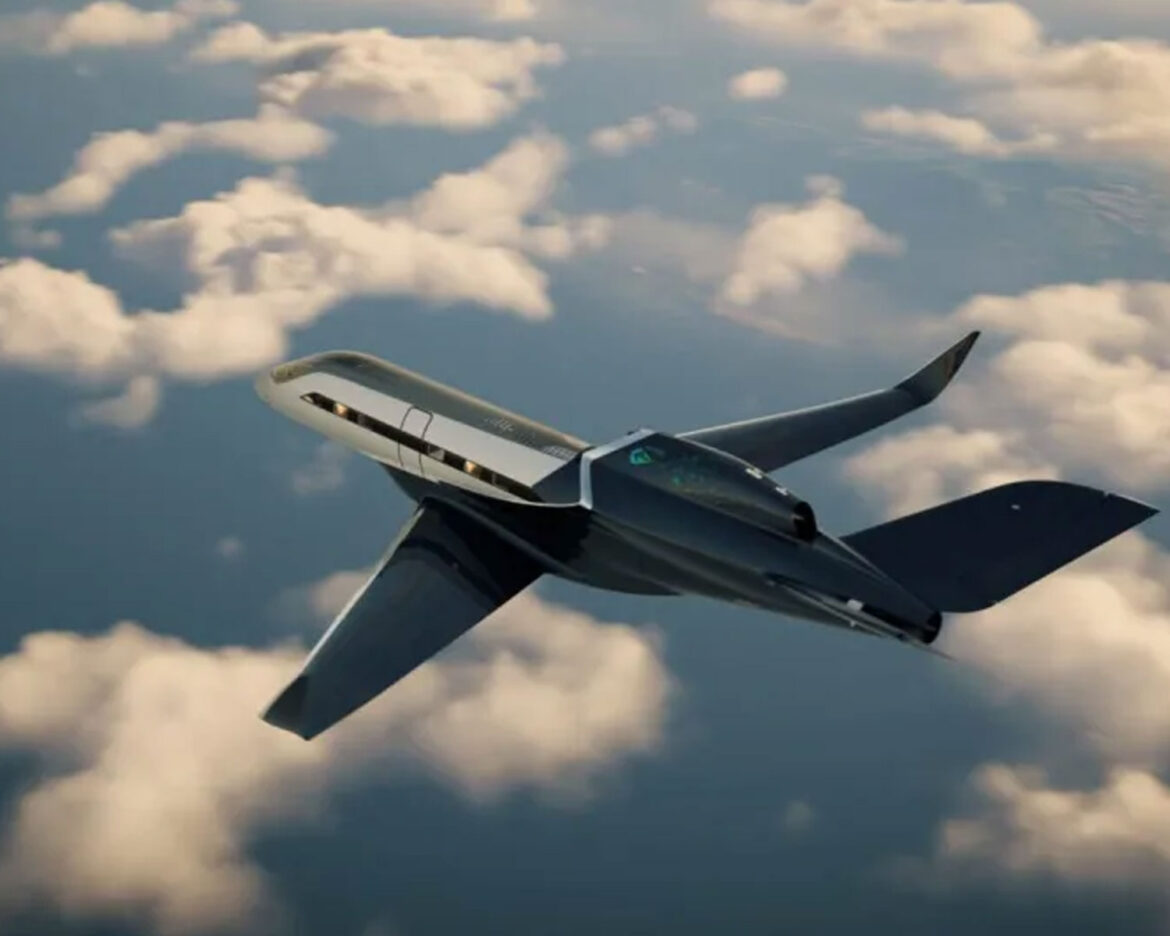In a groundbreaking development set to transform the future of air travel, the world’s first fully autonomous, AI-driven pilotless passenger plane was officially unveiled today. The aircraft, named AeroAI-1, represents a quantum leap in aviation technology, blending artificial intelligence, advanced machine learning, and cutting-edge automation to revolutionize how we fly.
The AeroAI-1 was introduced at an exclusive event held at the International Aviation Expo in Dubai, where industry leaders, tech experts, and aviation enthusiasts gathered to witness the monumental unveiling. The aircraft, developed by global aerospace company SkyFusion Technologies, has completed a series of successful test flights and is now poised to make its commercial debut within the next two years.
A New Era for Aviation
Designed to operate without human pilots, the AeroAI-1 is equipped with an advanced AI system that handles everything from navigation and route planning to in-flight adjustments and emergency protocols. Using a sophisticated array of sensors, cameras, and real-time data feeds, the AI system ensures safety and efficiency at every stage of the flight.
“The AeroAI-1 marks a new era in aviation, where safety, cost-efficiency, and environmental sustainability can be maximized through the use of artificial intelligence,” said Ethan Wells, CEO of SkyFusion Technologies. “With its autonomous flight capabilities, this aircraft represents the future of air travel—reliable, efficient, and capable of flying without the need for a human pilot.”
Safety and Technology Behind the Autonomy
Despite its autonomous nature, the AeroAI-1 does not rely on a single AI system. Rather, it integrates multiple layers of redundant technologies, ensuring that safety is never compromised. In the event of an unexpected malfunction, the AI can switch to backup systems, alerting ground control and executing emergency protocols seamlessly. Additionally, the aircraft is designed with a “human override” feature, allowing human operators to intervene remotely if necessary.
The plane’s AI system is constantly learning and improving, drawing from vast databases of historical flight data, weather patterns, and real-time conditions. This allows it to optimize flight paths, avoid potential hazards, and adapt to unexpected changes during the journey.
Environmental Impact and Cost Efficiency
One of the key benefits of the AeroAI-1 is its potential to reduce operating costs for airlines. With no need for human pilots, airlines could see a significant reduction in training, labor, and staffing expenses. Moreover, the plane is designed to be more fuel-efficient than traditional aircraft, with AI-powered flight optimization reducing fuel consumption and emissions.
“This is not just about convenience or innovation; it’s about addressing the urgent need for sustainability in aviation,” added Wells. “The AeroAI-1 is designed to be eco-friendly, minimizing carbon footprints while offering affordable air travel options for the future.”
Public Reception and Future Prospects
While the AI-driven plane has generated excitement in the tech and aviation sectors, it has also raised questions about the future of human pilots in commercial aviation. Some critics have expressed concerns about the potential risks of fully autonomous flights, particularly in emergency situations. However, SkyFusion Technologies has assured the public that thorough safety assessments and regulatory approvals will be undertaken to ensure the aircraft meets the highest standards of reliability.
The AeroAI-1 will undergo extensive testing over the coming months, with the company planning a series of trial flights in collaboration with major airlines. Regulatory bodies around the world, including the FAA (Federal Aviation Administration) and EASA (European Union Aviation Safety Agency), are closely monitoring developments, with the potential for certifications to be granted within the next few years.
If successful, the AeroAI-1 could pave the way for a new generation of autonomous aircraft, offering both short-haul and long-haul flight options. Passengers may soon experience a new era of flying—one where technology takes the wheel, and the sky is the limit.
As the aviation world waits for the first commercial flights of the AeroAI-1, one thing is clear: the future of air travel may very well be pilotless, powered by AI, and safer than ever before.
Related Articles:
- Will Pilotless Planes Make Air Travel Safer?
- AI in Aviation: The Future of Flight Technology
- SkyFusion Technologies: From Concept to Reality



